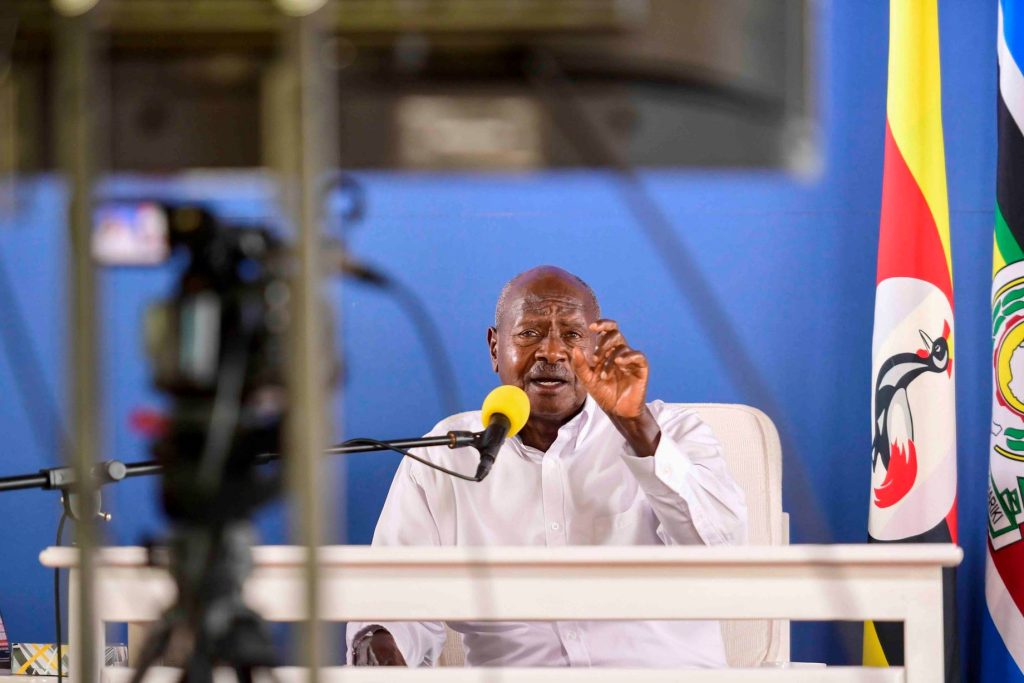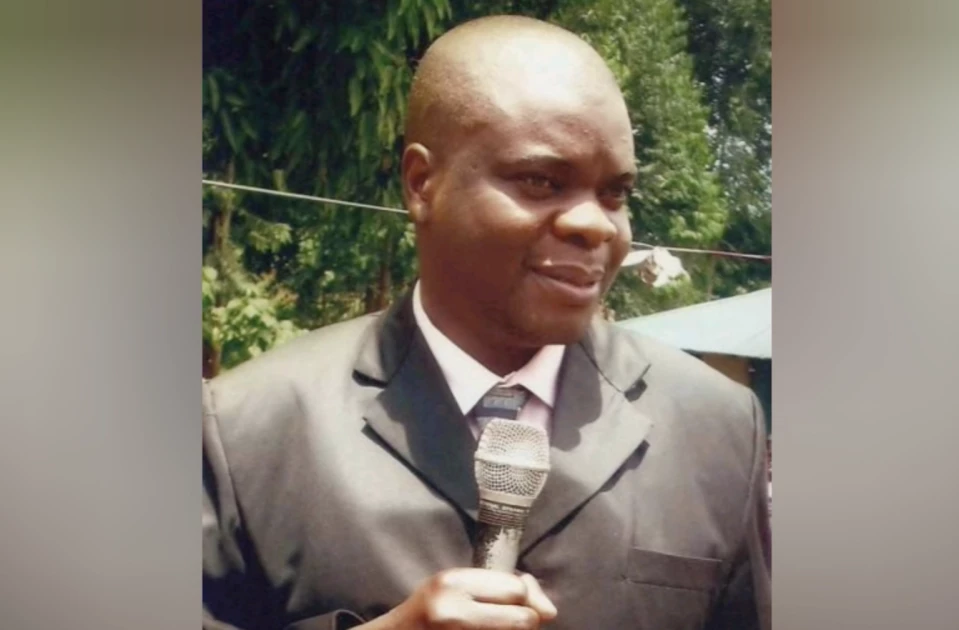Museveni Confirms Arrest of Kenyan Activists, Calls Them ‘Experts in Riots’

Why Were the Kenyan Activists Detained in Uganda?
Ugandan President Yoweri Museveni has confirmed that Kenyan activists Bob Njagi and Nicholas Oyoo were in the custody of Ugandan security forces after going missing for over a month. The two had travelled to Kampala on October 1, 2025, to support opposition leader Robert Kyagulanyi, popularly known as Bobi Wine. Their disappearance from Kira Municipality in Wakiso District had sparked diplomatic concern and calls for accountability from Kenyan authorities.
Njagi and Oyoo were freed on November 8 and handed over to the Kenyan High Commission in Uganda after what Kenya’s Foreign Affairs Minister Musalia Mudavadi described as “sustained diplomatic engagement between Kenya and Uganda.” Mudavadi added that “both governments maintained open and constructive communication that has culminated in the safe release of our nationals.”
Speaking on a radio talk show the same evening, President Museveni confirmed that Ugandan forces were holding the pair, accusing them of collaborating with Bobi Wine’s movement to incite unrest. “Here we have very good intelligence… we know them. We have got two Kenyans whom we arrested. They have been with us, I have their names… But I don’t remember them. They came, and they were working with Kyagulanyi’s group. They are experts in riots,” Museveni stated.
What Did Njagi and Oyoo Say After Their Release?
Upon returning to Kenya, the activists recounted harrowing experiences in detention. They alleged that they were held at the Kasenyi Military Barracks in Entebbe, where they faced torture and starvation. “We were in military detention by the special forces. I didn’t eat for 14 days. We were tortured,” Njagi told reporters after arriving at Jomo Kenyatta International Airport in Nairobi.
Their claims contrast sharply with earlier denials by the Uganda People’s Defence Forces (UPDF). On October 22, the army had refuted reports of holding the two Kenyans. In an affidavit, Col. Silas Kamanda, Director at the Joint Staff Legal Services, asserted that investigations had confirmed the activists were not in military custody.
The case has raised new concerns about cross-border political activism and human rights in the region, with both governments now under pressure to clarify the circumstances surrounding the activists’ detention and alleged mistreatment.
By Yockshard Enyendi










